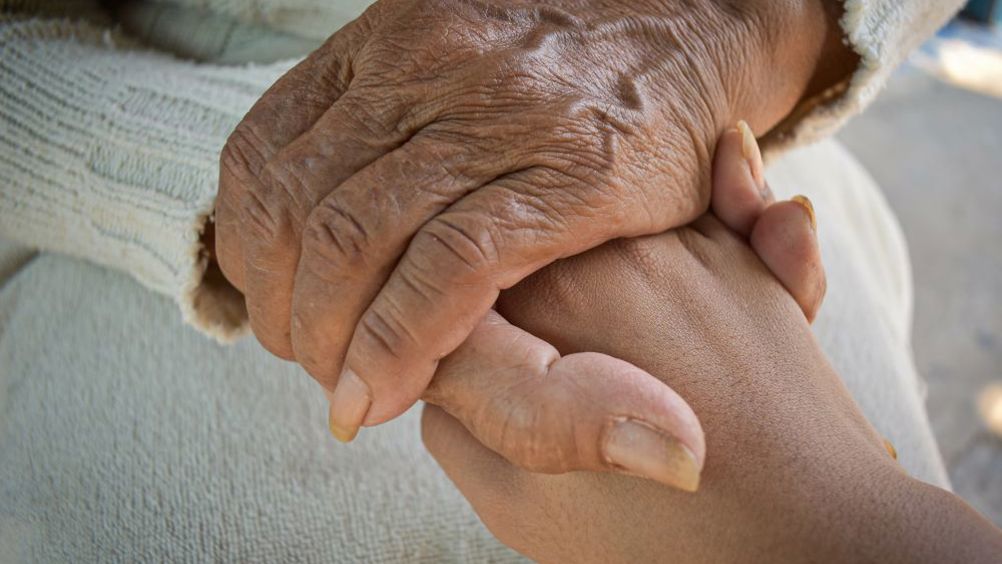This is my 200th palliative care column for the Mark Allen Group of journals, with the bulk of them written for the British Journal of Community Nursing. In this article, I want to reflect on the purpose, progress and achievements of this monthly palliative care column, which I started writing in 2011, with the specific purpose of disseminating the ethos of palliative care among community nurses. At the time, many people wanted to be cared for and to die at home, and this column offered the knowledge and skills necessary to care for dying people in their own surroundings. It also served to give confidence to community nurses about death and dying, and how to manage some of the complex psychological and emotional challenges encountered when people die. The main aim was to share the philosophy, principles and practices of palliative care in general and show how these can be applied within the community. Some of the early columns focussed on helping community nurses to introspect, understand their own beliefs/value systems as a platform to help others who were dying. This included considering their own attitudes, fears and biases towards death and dying and, more importantly, how they could best support those they care for as they approach the end of life.
The columns helped nurses to understand the importance of new Government policy documents such as the One Chance To Get It Right (Leadership Alliance for the Care of Dying People, 2014), Ambitions for Palliative and End of Life Care (NHS England, 2022) and NHS Long Term Workforce Plan (NHS England, 2023), in the delivery of palliative care in the community. Admittedly, these columns did not focus on clinical issues like pain control – a conscious decision to leave these topics to experts currently on the front line managing symptom control.
I am pleased to report that some of the more provocative columns received responses from readers which increased dialogue, debate and exchange of views as well as thought processes. For example, I remember one column in which I questioned the morality of placing our ageing parents in nursing and care homes, and whether that was the best way to care for them, given that they cared for us at home as children. This column and a few others exposed the cultural divide and how we all look at family dynamics differently. One column challenged the continued use of death euphemisms and how these may distort the reality of death and dying. My hope is that professional exchanges like these help to sharpen our thinking and have led to changes in attitudes and practice. There were a few columns on sensitive topics, one of which was on assisted dying and whether we, as a nation, are doing a disservice to those who seek it by not legalising it. Again, this column generated huge debate with responses from a long list of doctors and nurses against legislative changes. One of the arguments I made was to close the ‘passage’ to Switzerland—where Dignitas often assist UK nationals to end their lives—by legalising it in the UK. As we know, this topic remains controversial with ongoing debate in the parliament and across society as I write this column. However, there are signs that some laws have changed and relatives are not being arrested for accompanying their dying family members abroad for assisted dying. I still believe the best position for those seeking assistance is to have it legalised in the UK to save on time, travel and huge expenses.
The COVID-19 pandemic forced us to witness large amounts of death; death became part of us as it was announced on our TV screens daily, which exposed how fragile life is. The death of her majesty the Queen saw a public outpouring of grief and again, death into sharper focus in our consciousness. With the wars in Ukraine and Gaza, death and suffering are at the forefront of our consciousness as we witness the brutality of human beings and a total disregard of civilian and children's lives. These world events bring pain to families and make life seem worthless. As healthcare professionals, we consider every life to be precious and worth preserving, so the practice of palliative care becomes even more important to ensure dignity in death.
These monthly columns are written to help community nurses to provide the best palliative care available for people approaching the end of their life. The fact is, death remains part of us and a certainty; we need to live our lives well and die well.


